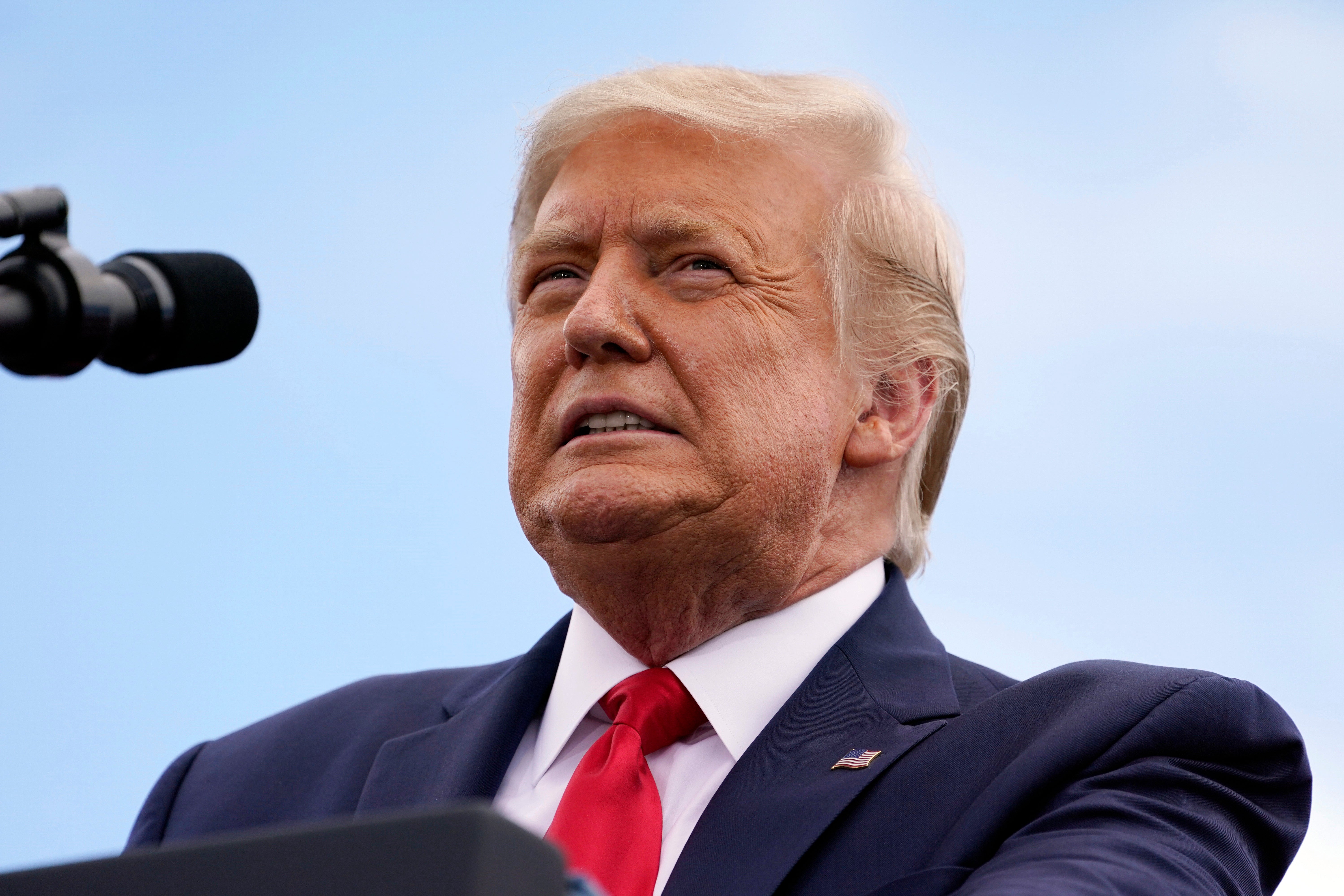Trump’s pardons show who he really is
When given the opportunity to wield his power for good, he chose not to. Instead, he exonerated financial criminals who lied, defrauded, and stole


The final presidential act of the 45th president of the United States, Donald J. Trump, is the mass pardoning of 143 people. Although news of 11th-hour pardons had circulated for weeks, Mr. Trump waited until past midnight, officially on his last day in office, to announce the list of transgressions he intended to forgive. In some ways, this list is an apt bookend to a presidency that began with a speech about “American carnage.” Mr. Trump has laid waste to decency in his years as president, and has stoked the fires of discontent that have led to actual insurrection. His pardons are proof that the man who entered the presidency in 2017 is unchanged, four full years later.
Some of the people who received last-minute pardons from the president are expected. Steve Bannon, Trump’s former chief-of-staff, was an unsurprising candidate, given the fact that other bad actors working on the former president’s behalf have received equal treatment (both Paul Manafort and Roger Stone recently received pardons and commuted sentences). Mr. Bannon, who is yet to stand trial for fraud regarding monies collected in the We Build the Wall Campaign, now walks free once again. A pardon of Elliott Broidy, the Republican venture capitalist who pleaded guilty last year of conspiring to violate foreign lobbying laws, was an equally obvious choice.
The lesser-known pardon recipients, though, like Rick Renzi (sentenced to prison for committing bribery), Kwame M. Kilpatrick (convicted of using his office for self-enrichment), William T. Walters (convicted for insider trading), Randal “Duke” Cunningham (pleaded guilty for accepting bribes), and Robert Hayes (pleaded guilty to lying to the FBI), betray Mr. Trump’s true and final belief. These crimes, he is saying through his pardons, are not worthy of prison times. These white-collar crimes, which have caused harm, do not, in Mr. Trump’s mind, rise to the level of the truly criminal.
Lying, defrauding, and stealing are the qualities that Trump appears to admire. It seems his allegiance, these years later, remains to the white, male, upscale criminal, the man who has skipped his turn in line, who has climbed to the top by using other people. This is the type of person that is worthy of respect, in the Trumpian worldview. This is the type of person who deserves freedom, irrespective of the cost to other people. Mr. Trump was always a slave to money, the gold-plated exemplar of 1980s greed. Today, he reminds us that his dedication to these values never really changed. Four years on the international stage neither softened nor informed him. He is the same character we saw in The Apprentice, leaving America with the stain of his mistakes, and everyone else’s.
It should be noted, too, that former President Trump ignored calls to exonerate criminals who were in prison for drug crimes. Despite his many claims that he had done more than anyone to reform the criminal justice system, when given the opportunity to wield his power for good, undoing years of inequality, he chose not to. In 2016, The Washington Post reported, 40-year-old Nichole Forde, who is serving a 27-year sentence for nonviolent drug crimes, wrote the president for clemency. Her plea went unanswered. She remains in federal prison.
But the calls for clemency made by financial criminals—most of whom were white and male—were met with needless compassion. Trump also pardoned more than his fair share of Republicans, turning the pardon into yet another partisan battle.
What former President Trump leaves behind with his pardons, though, is insight into who he is. His value system was on display in the middle of the night—a value system that favors the very wealthy to the very disenfranchised. It seems President Trump’s choice to leave the White House in this way was a real message to all of us: He doesn’t really care.
Join our commenting forum
Join thought-provoking conversations, follow other Independent readers and see their replies
Comments
Bookmark popover
Removed from bookmarks